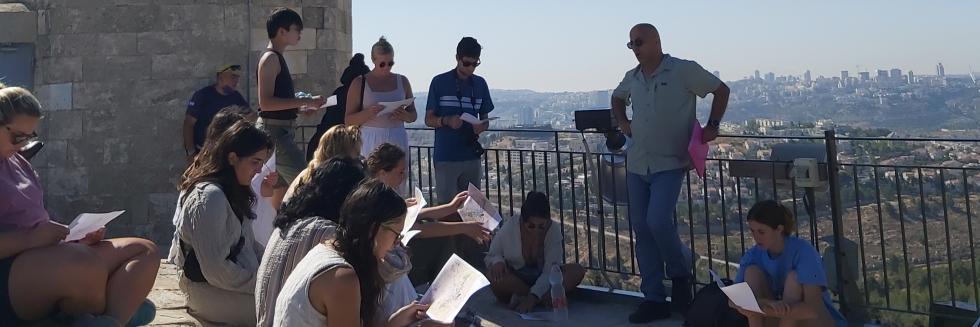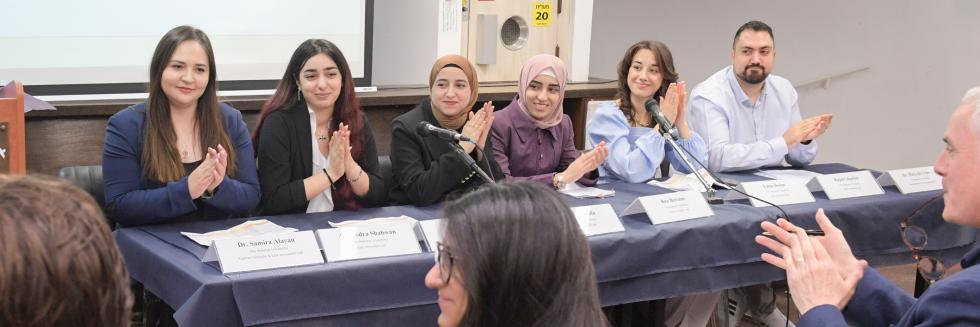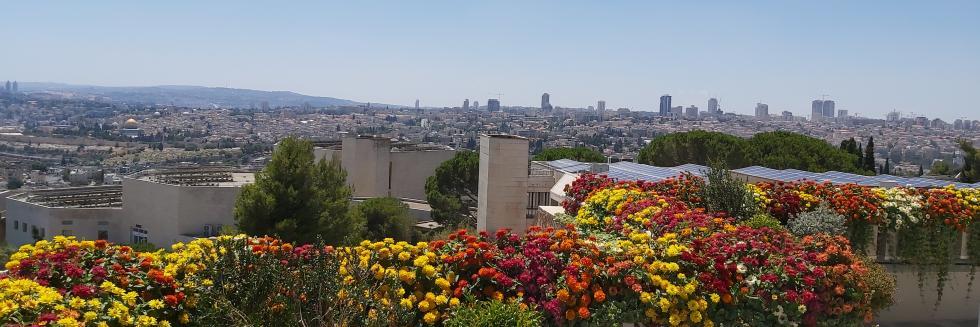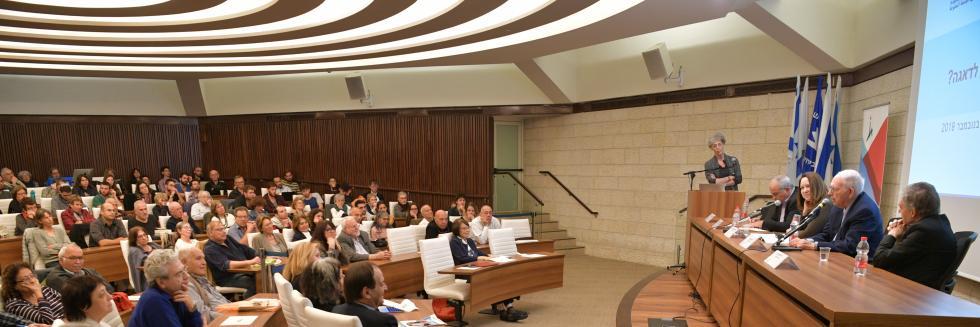Group Members: Dr. Yusri Hazran and Mohammed Khlaila
Syrian Drama: Social and Political Protest – “Maraya” as a Case Study
Developing significantly in recent decades, Syrian drama has reached a peak in terms of ratings, dissemination, and marketing across the Arab world. The series “Maraya,” whose popularity has won it mass exposure, is most well-known because it stars Yasser al-Azmeh. Now in its third decade of existence, each episode addresses a specific subject matter, thus standing in its own right. By the 1990s, however, the series had undergone a drastic change, directly addressing political and social issues such as the cost of living, unemployment, poverty, government corruption, bureaucracy, feminism, inequality, social gaps, government indoctrination, the status of women, etc. I hope to evince the links between the conflictual reality of Syrian society and local and international developments on the one hand and the changes evident in the series during the 1990s.
Studies examining the role of the media in Middle Eastern Arab society have only begun to emerge in recent decades, the majority focusing on the impact wielded by satellite TV programmes. Despite the developments in the Syrian media, however, this topic has been relatively neglected. The present study seeks to address this lacuna, investigating the changes that have occurred in the Syrian media as reflected in the dramas aired in recent decades. It hopes to provide a comprehensive historical overview of the development of Syrian drama, taking “Maraya” as a case study, analysing its episodes in the light of their historical context and evincing the way in which the series forms part of the trend towards openness that marked the Baath regime in the 1990s. In doing so, it shatters the myth that the media under Assad was a pawn in the government’s hand, the regime in fact beginning in this decade to seek to coopt the middle class, partially removing censorship in an attempt to allow critical voices within their ranks to make themselves heard together with the intellectual class. It thus suggests that the Syrian media formed an arena of conflict in an age in which media worldwide played a central role in shaping public awareness.





